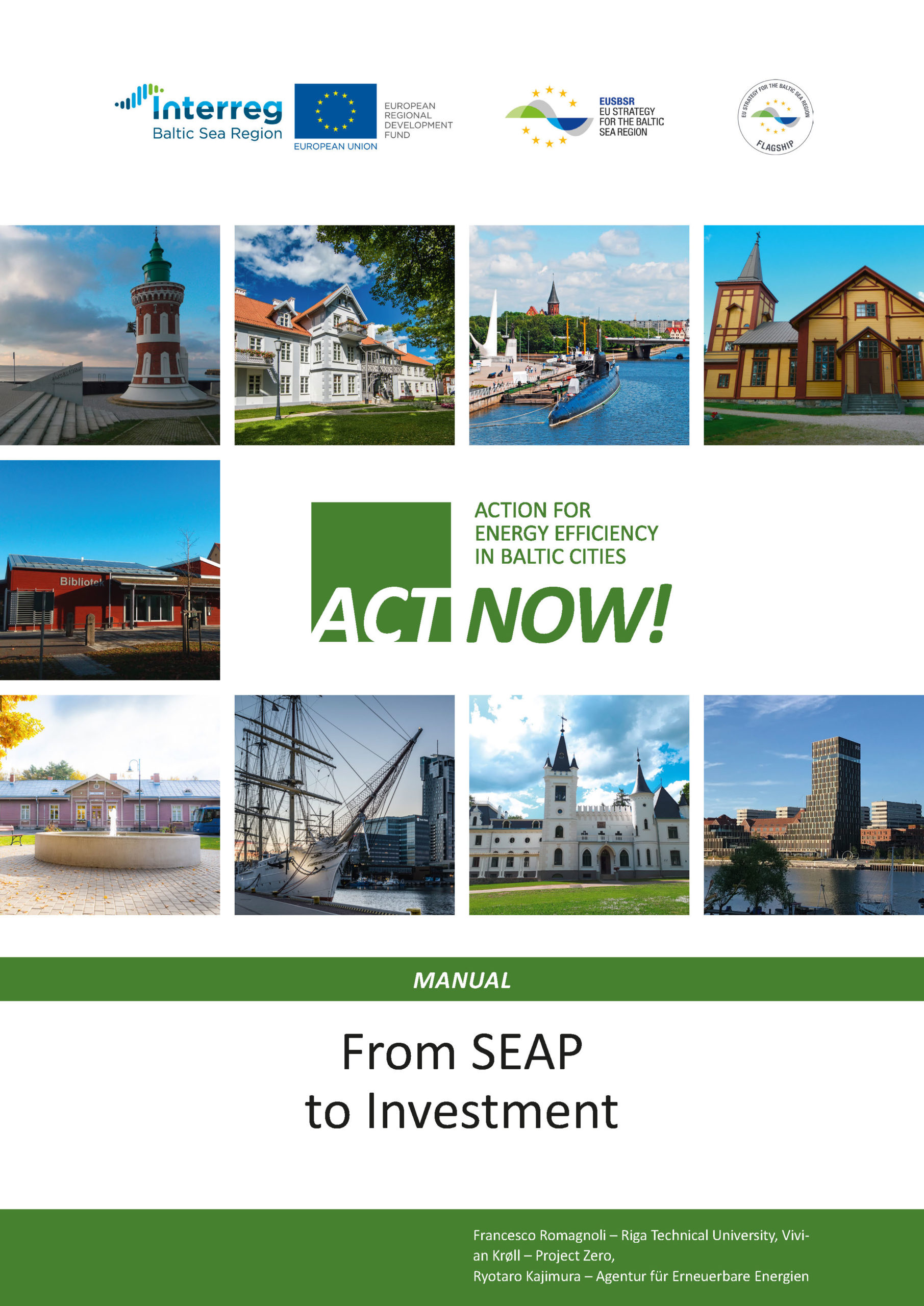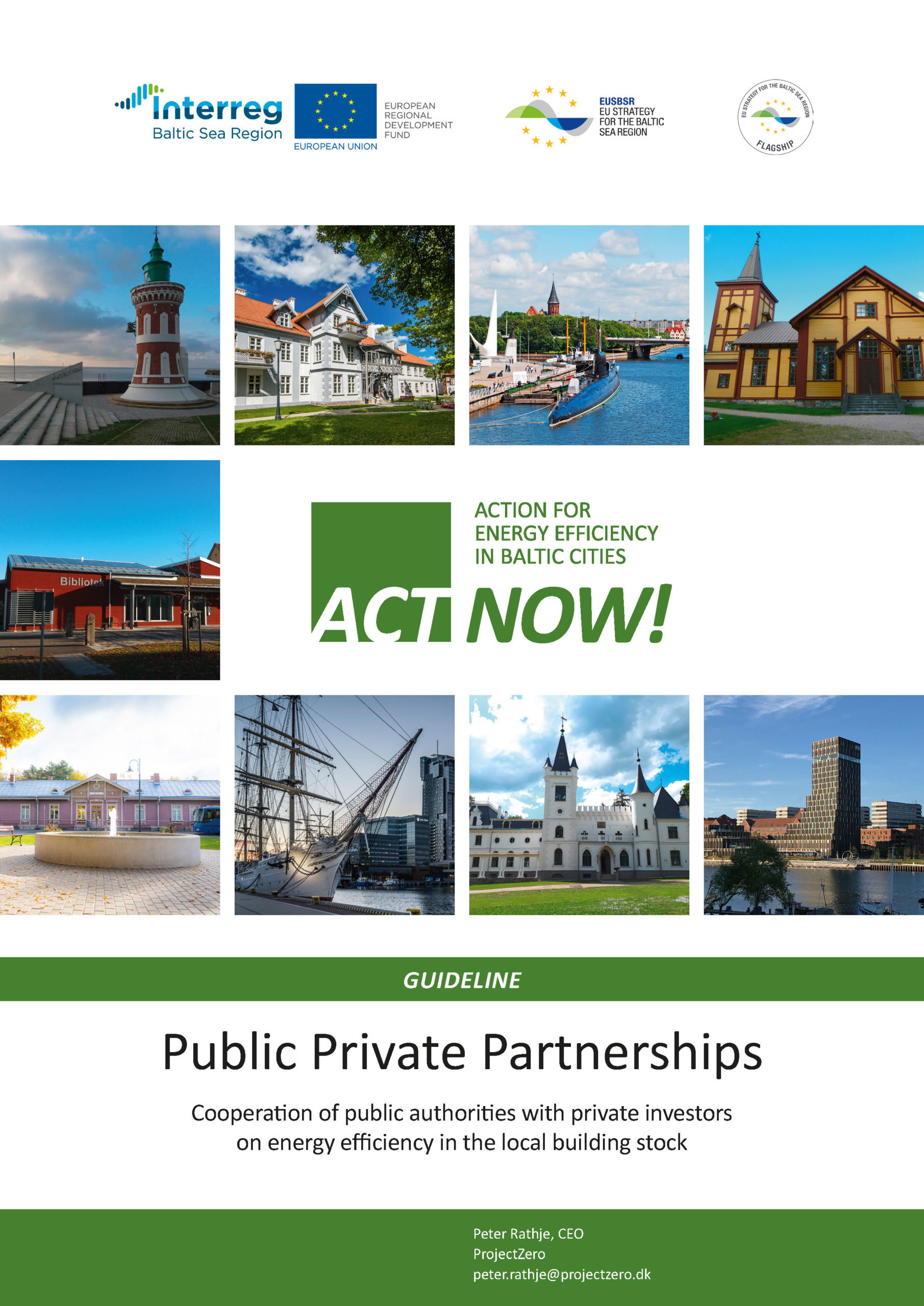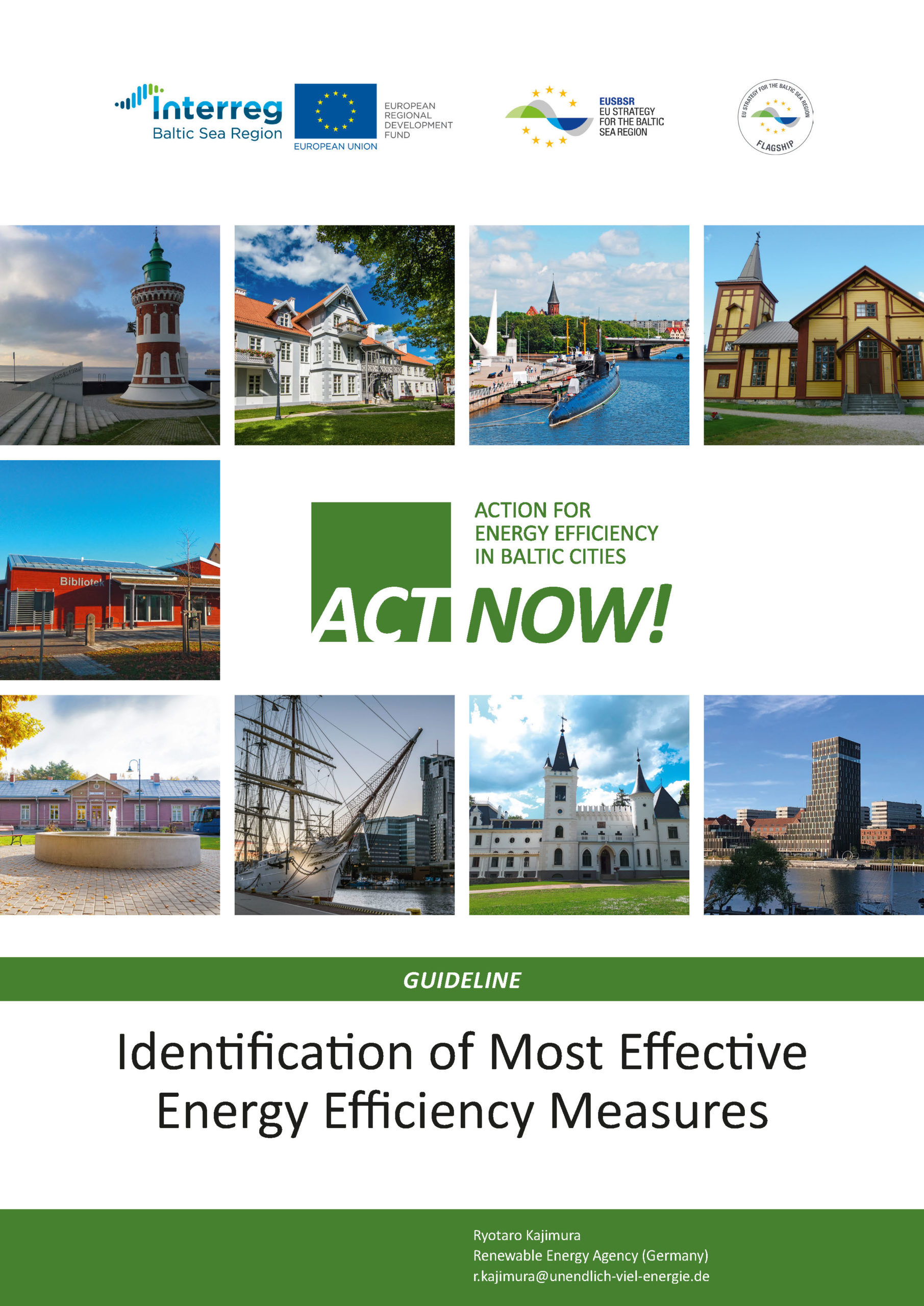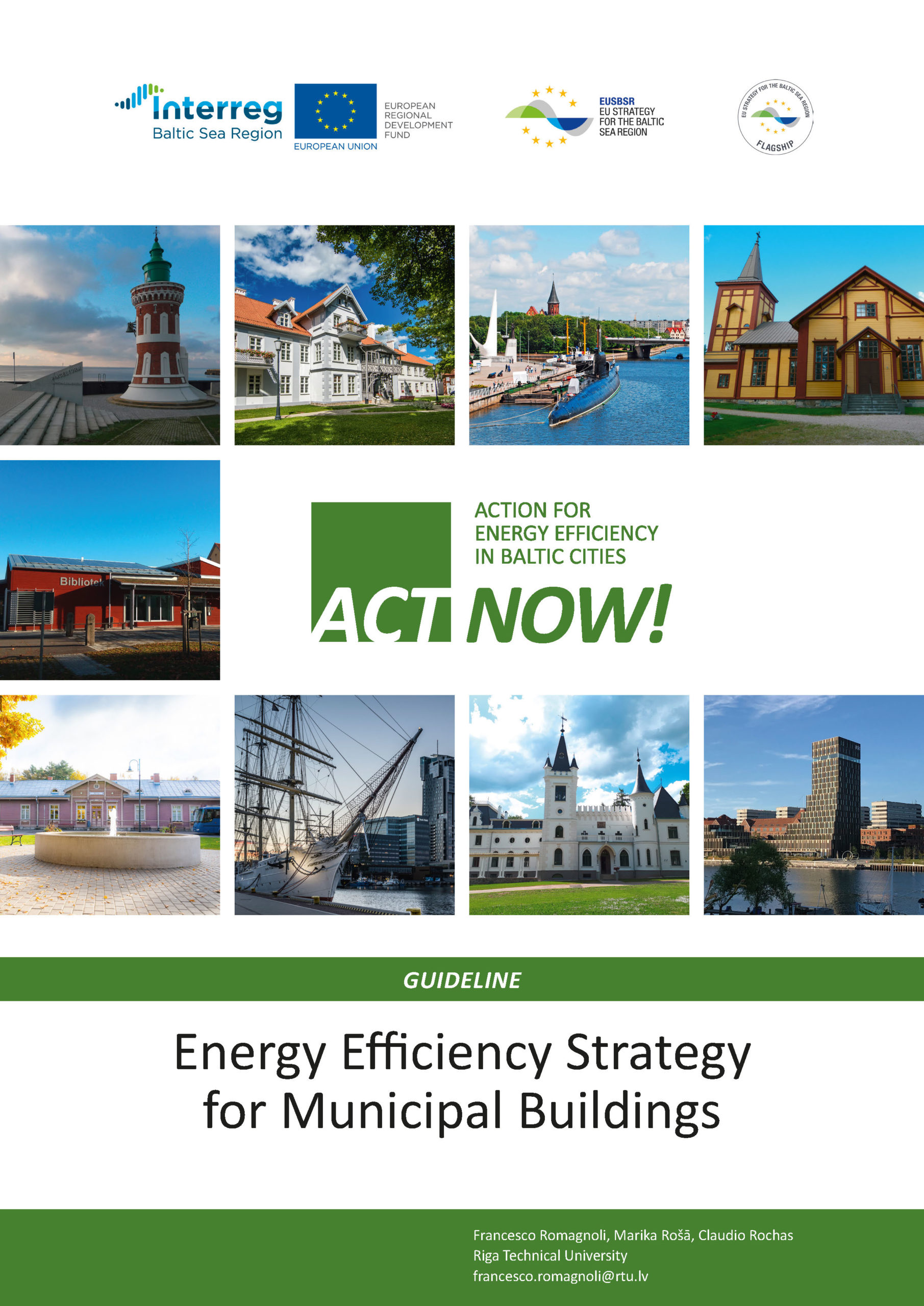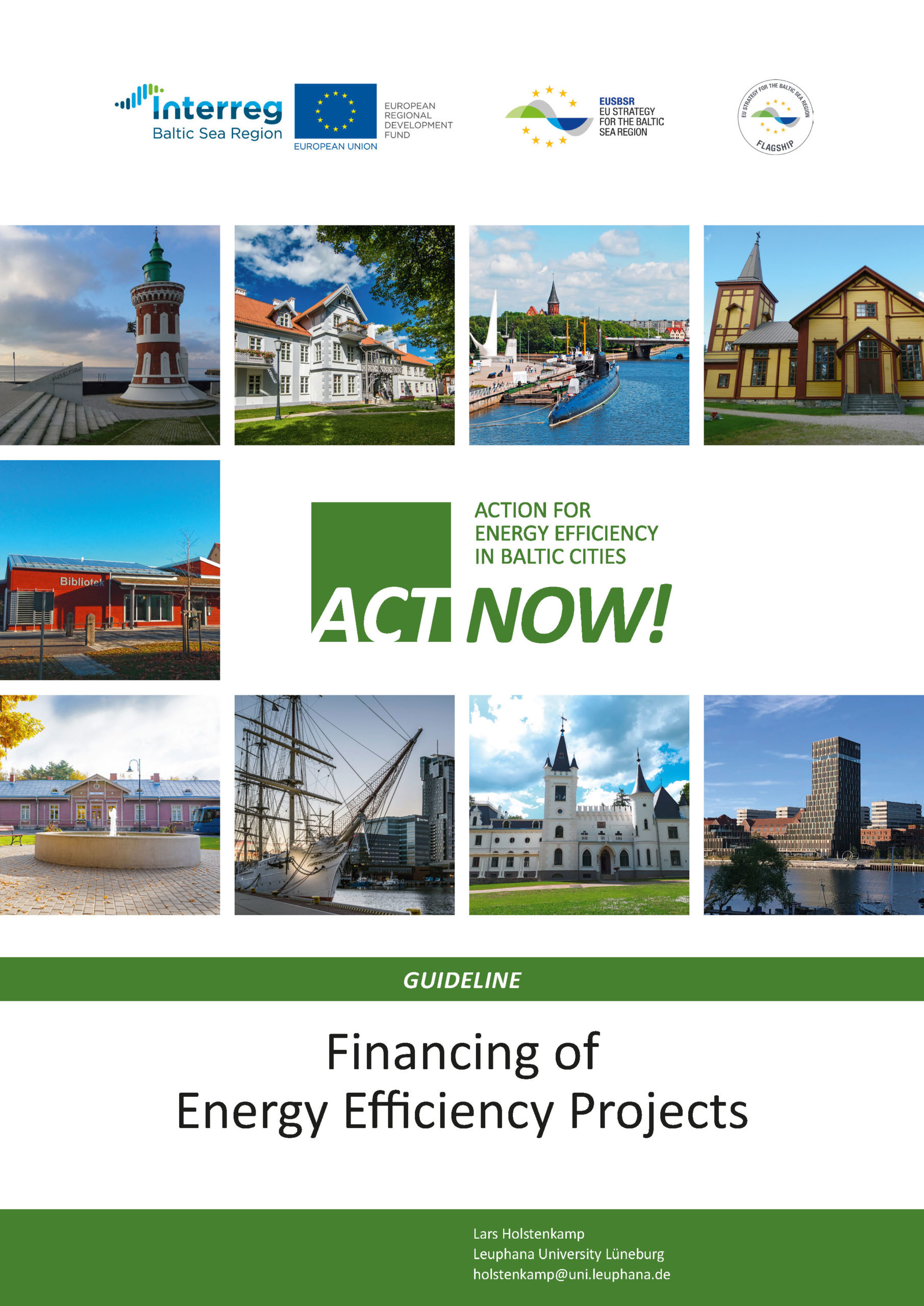The „Green economy – the heating market changes – Act Now!“ conference was conducted as an online event on 19th & 20th November 2020. Originally it had been planned as a live event in Bremerhaven (Germany), but the Covid-19 pandemic changed these plans.
Bremerhaven’s climate city office – the lead partner of the Act Now! project – in cooperation with Bremerhaven’s business development agency BIS organised the event. On day one, ecolo communications agency (Bremen, Germany) guided the audience of almost 50 participants pleasantly through the day.
Day two was split into two closed sessions, on one hand the Steering Committee and Partner Meeting of the Act Now! project; and on the other hand – chaired by BIS – an exclusive insight for interested organisations in the ‘Sustainable Business Park Lune Delta Bremerhaven’. Annette Schimmel gave an introductory talk about this Green Economy project on the first day as well.
On day one several key note speakers and presentations inspired participants from nine countries (Denmark, Estonia, Finland, Germany, Latvia, Lithuania, Poland, Russia, Sweden).
Gaspard Demur from the European Commission, Directorate-General Energy, Unit ‘Energy Efficiency: Buildings and Products’ conducted a presentation on the “Renovation Wave” initiative – part of the Green Deal of the EU.


Dr. Ronny Meyer from the Ministry for Climate Protection, the Environment, Mobility, Urban and Housing Development in Bremen introduced the „Climate friendly heating supply in the Federal State of Bremen“. He showed the digital heat map of Bremen and pointed out how valuable the condensed information is for improving energy efficiency, particularly as the household-heat consumption is even higher than that of the industry.
Karen Janßen from the Fraunhofer institute (IFAM Bremen) talked about the “Strategic Heating Planning Atlant”, showed heat maps and explained how they are created. An on the spot audience polling showed:

A presentation by Marta Woronowicz illustrated energy savings of approximately 25% as well as cost savings, better energy efficiency and an improved failure prevention/detection with the new tailored energy management system. It was implemented as a pilot investment in the Act Now! project; as part of it a customised smart metering system for offices as well as for Gdynia’s trolleybus depot building and workshops has been installed.

Other Act Now! project partners presented their results and pointed out the importance of local energy efficiency groups and the work in tandems between municipal partners and coaching expert partners.
Adam Cenian shared the project results regarding auditing of schools and monitoring of thermal and air conditions in classrooms. It became clear how urgent it is to improve the indoor climate in schools. He says: “Modern technologies are ready, but their implementation needs promotion, courage and consequent action.”
Siim Meeliste and Mari Habicht gave an overview of Elva’s achievements through installing smart meters for electricity and heat, monitoring devices and indoor climate. They pointed out the importance of objective data about building operations and integrating these into everyday work. Their work in the tandem and the local energy efficiency group did not suffer from weaknesses and threats but could mainly focus on strengths and opportunities.

Peter Rathje from ProjectZero (Sonderborg, Denmark) – with a long history of cooperation with the private home-owner segment – described how they align their stakeholders through their customer journey process. Improved communication, capacity trainings for various groups but also a diverse local energy efficiency group (LEEG) are examples of this.

Krisjanis Upans showed the path, how they reached their goal to develop a SECAP including climate adaption planning for Gulbene Municipality in Latvia in close cooperation with Riga Technical University. The process as part of the Act Now! project helps to change the public perception of ‘not necessary and expensive’ to a different image of the importance of energy management system and energy efficiency measures.

The Act now! project has developed a web-based learning programme along with a Manual and four Guidelines. Ryotaro Kajimura, Francesco Romagnoli, Lars Holstenkamp and Peter Rathje introduced these to the audience.
- Manual From SEAP to Investment
- Guideline Energy Efficiency Strategy for Municipal Buildings
- Guideline Identification of Most Effective Energy Efficiency Measures
- Guideline Public Private Partnership’
- Guideline Financing of Energy Efficiency Projects
The final transnational conference of the Act Now! project ended with some regrets, that we could not say our Good-byes with a handshake and a hug, but we enjoyed a fruitful and inspiring day and closed the session with a visual impression of some of us:

Presentations and news from the conference.
Author: Petra Schneider, Klimastadtbüro Bremerhaven.

